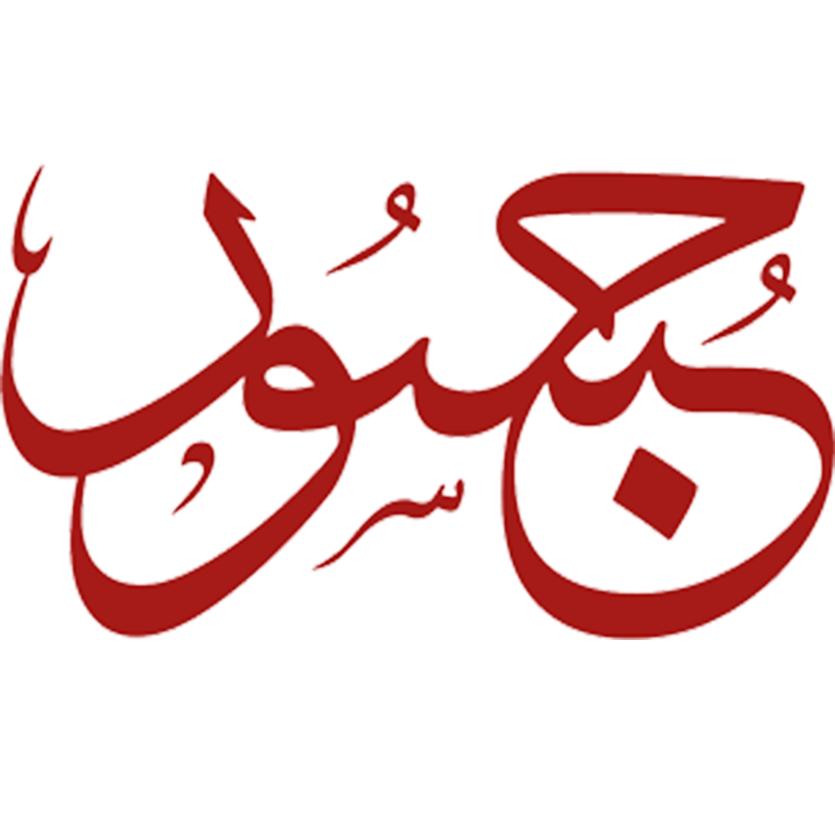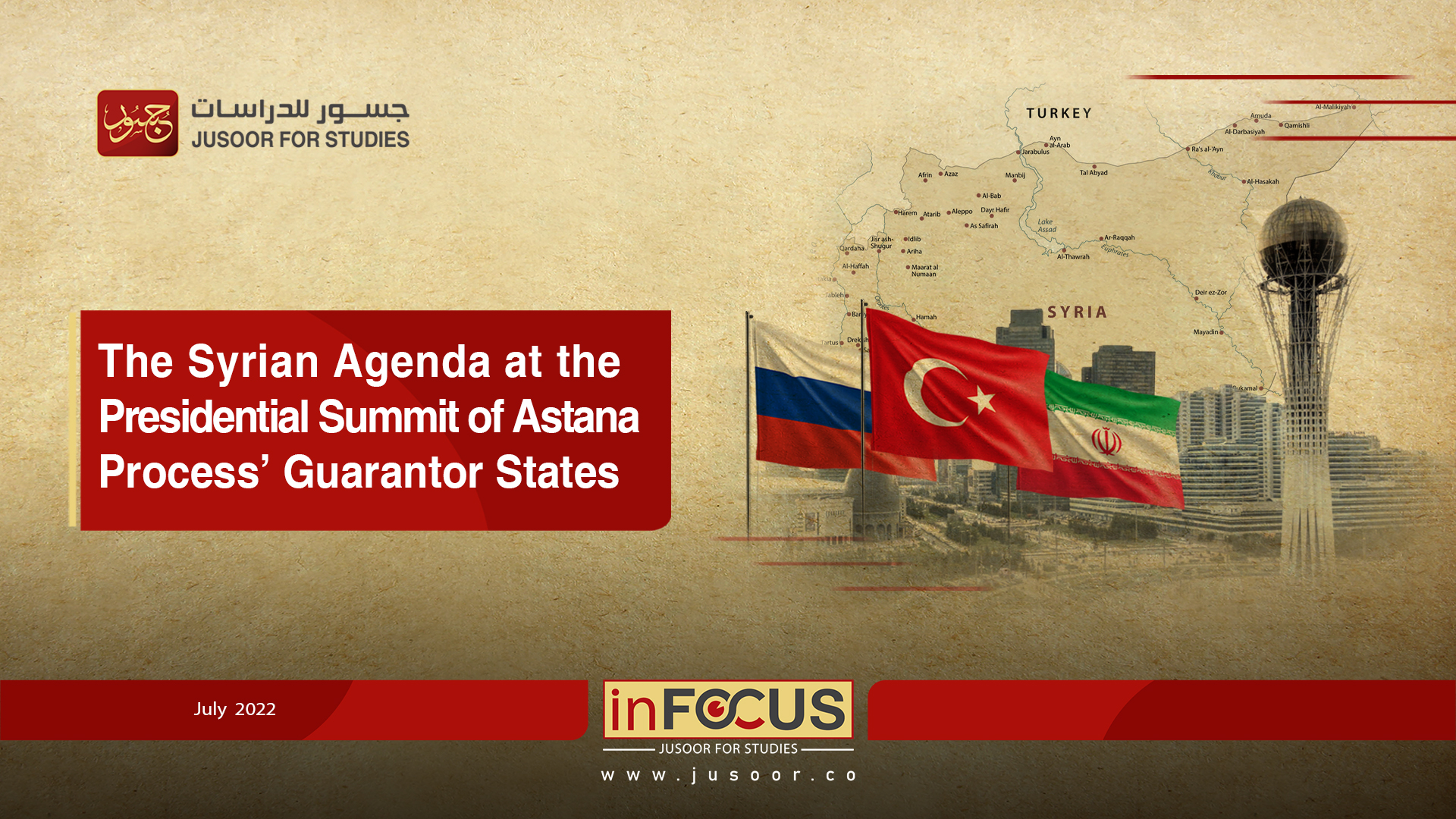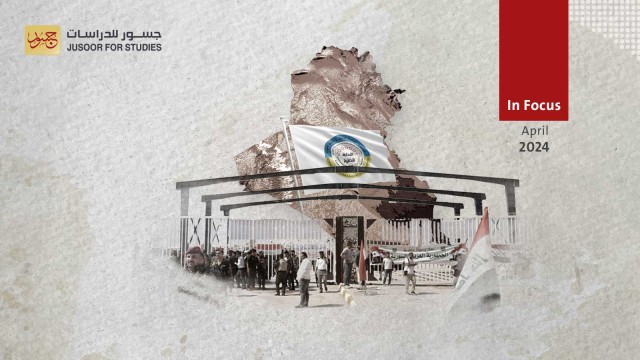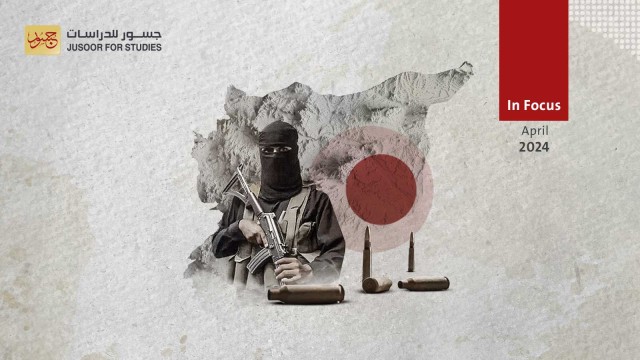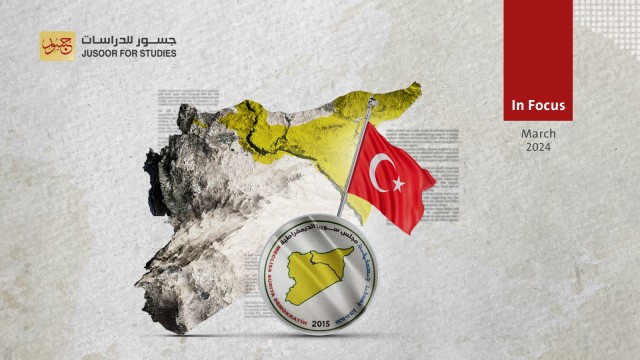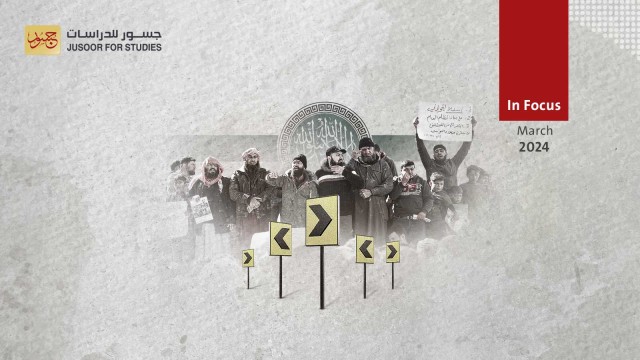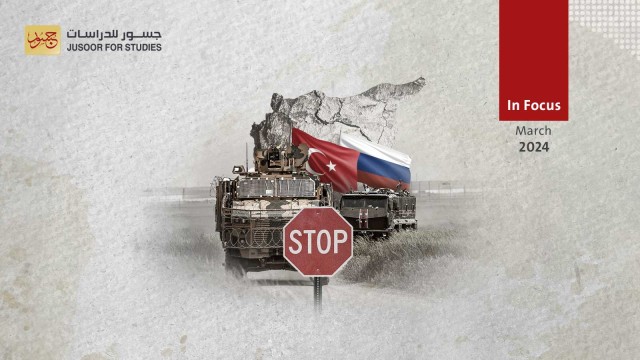The Syrian Agenda at the Presidential Summit of Astana Process’ Guarantor States
The Syrian Agenda at the Presidential Summit of Astana Process’ Guarantor States
The eighth trilateral summit meeting in Astana format is scheduled to be held in Tehran on Tuesday, July 19, 2022, at the level of heads of guarantor states, Türkiye, Russia and Iran. This round comes more than two years after the seventh one was held via closed-circuit television.
This time, the summit will discuss a number of issues, foremost of which is Syria, mainly the ceasefire regime and the political process within the framework of the Constitutional Committee. This will be in light of the stalemate in the talks between the Syrian regime and the opposition, and the declining commitment to de-escalation in the north of the country.
Although the convening of the summit reflects a desire to continue joint political and military action in Syria, it also indicates a significant decline in trust between the guarantors; as a result of slow and fruitless progress in the implementation of the Sochi (2019) and Moscow (2020) memoranda, and in the course of constitutional reform.
The guarantor states are looking separately to achieve gains from the presidential summit in a way that serves their political and military interests. Iran, for example, seems to be counting on creating a breakthrough by mediation efforts it is working on between the Syrian regime and Türkiye. This would later lead to a modified version of the Adana Agreement through an addendum referring to the establishment of a security -not safe- zone- that can address the issues of terrorism (PKK), refugees, Turkish military activity and its forces presence in northern Syria.
In early July 2022, the Iranian Foreign Minister, Hossein Amir-Abdollahian, paid a visit to Damascus, as he spoke, from Syria, about his country's efforts to mediate between Türkiye and the Syrian regime. He conveyed to Bashar al-Assad the security concerns that Recep Tayyip Erdogan briefed him during Abdollahian's visit to Ankara.
If Russia and Iran are able to dissuade Türkiye from launching a new military operation in Syria, this means expanding the military influence of the regime forces in the areas of Tal Rifaat, Manbij and Ain al-Arab in Aleppo governorate at the expense of the Syrian Democratic Forces (SDF).
However if diplomatic efforts fail, this will pose a threat to the influence of the Syrian regime and its allies, especially Iran, in the areas of Aleppo that may be covered by the possible Turkish military operation.
As for Russia, the tripartite summit appears as a reaffirmation of the importance of the Syrian file in Moscow's foreign policies despite its preoccupation with the conflict in Ukraine. Moreover, it will often re-emphasize the importance of implementing bilateral memoranda of understanding and will not fail to support Iran's mediation efforts between the regime and Türkiye as a mechanism to respond to the latter's security concerns. The above-mentioned are to be added to the matter of offering to transfer the constitutional committee discussions from Geneva, as well as the fate of the cross-border humanitarian aid mechanism.
In fact, the policies of Russia and Iran make the chance of Türkiye obtaining approval to launch a new military operation in northern Syria slim. This leaves Ankara with limited options, which are It is either to accept the expansion of the monitoring and verification mechanisms for the joint memoranda of understanding and to reserve its right to implement a qualitative security operation to ensure the removal of the PKK from its borders at a depth of 30 km.
As for the other option, it is accepting the security zone proposal and any modified version about it, or reducing the commitment to de-escalation, allowing the opposition factions to launch military attacks on the SDF and regime areas without necessarily involving the Turkish forces.
